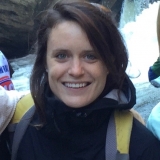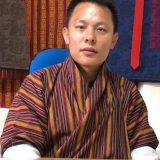Electrification, especially rural electrification (RE), is a core component of the Sustainable Development Goals and a major focal point of the global development community. Despite this focus, more than one billion people worldwide do not have access to electricity, and electrification growth rates are not keeping pace with population growth. In this paper, we posit that lack of progress is partly driven by a misalignment between academic research and energy planners’ and policy makers’ needs. A majority of the studies measuring the impacts of electrification focus on precise estimation of a few outcomes, specifically health, education and productivity impacts. Other important impacts, e.g. environmental, have remained largely unstudied. As a consequence, quantifying the full set of costs and benefits of expanding electricity access is difficult and rarely done. When cost benefit analyses are done, they are often incomplete, and conclusions are highly susceptible to unavailable or uncertain parameter estimates. We illustrate these arguments in the case of Bhutan, where RE rates have expanded rapidly in the past few decades. We show that RE had positive impacts related to fuelwood consumption, education, and employment, but we do not find an effect on health. We then use these impact estimates to conduct cost-benefit analyses. Because there are more parameters in these calculations than we have data for from Bhutan, we transfer reasonable estimates from related contexts. However, to acknowledge the uncertainty induced by this process, we conduct Monte Carlo analyses to see if the NPV calculations are robust to alternative parameter values. Based on this exercise, we highlight research gaps that are preventing 1) thorough accounting of the net present value of RE in diverse settings and 2) financial investment in the sector.
Evaluating Rural Electrification: Illustrating Research Gaps with the Case of Bhutan
EfD Authors
Sustainable Development Goals

